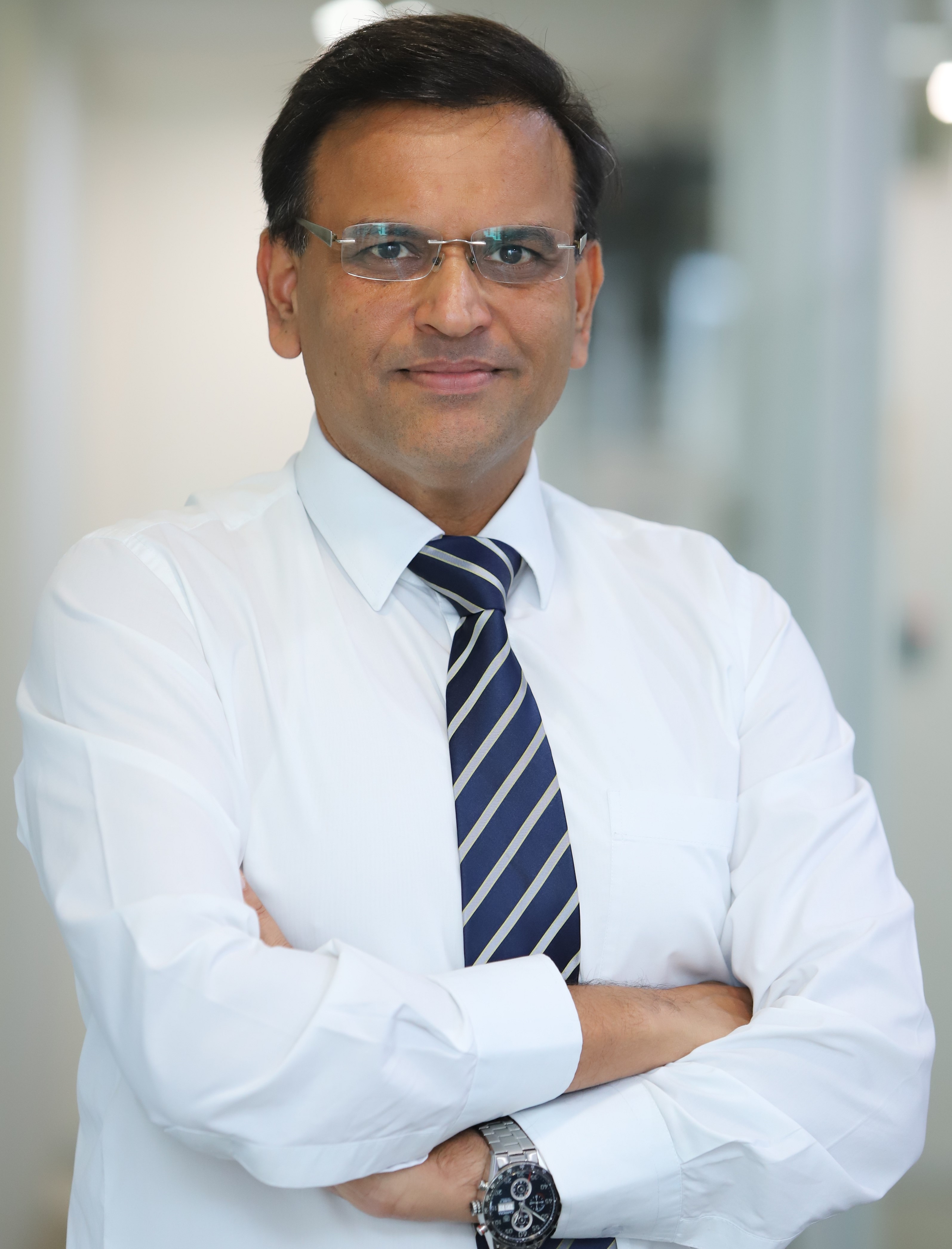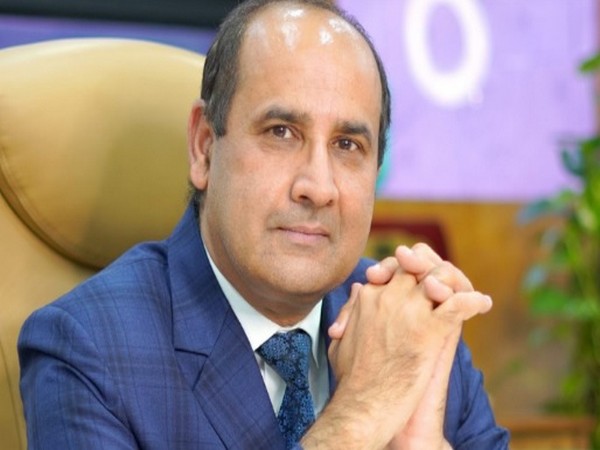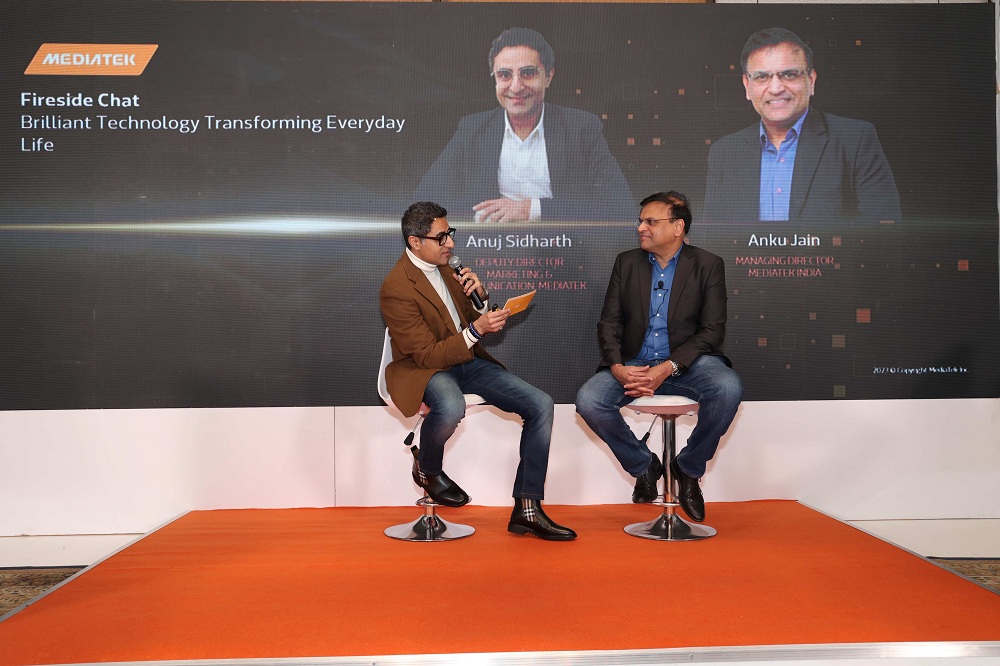Polycab committed to fulfil evolving needs of smarter future: Ashish Jain
NEW DELHI: Polycab India, one of the country's homegrown optic fibre cable (OFC) makers, is optimistic about business prospects with the fifth generation (5G) technology-based telecom networks coming around, and said that the company is committed to cater to the growing needs of advanced technologies-led smarter future. In an interaction with PageOneAsia, Ashish Jain, President and Chief Operating Officer of Telecom Division at Polycab talks on 5G-driven infrastructure, BharatNet, and manufacturing capabilities. Edited excerpts:
What are your key offerings under the Telecom Division?
Committed to fulfil the evolving needs of smarter future, Polycab Telecom, a division of Polycab India Ltd., continually works towards facilitating interconnected technologies that can communicate, transfer and analyse data with high speed. We are involved in manufacturing as well as distribution of Optical Fibre Cables (OFCs). With a high degree of in-house backward integration and automation capabilities, we ourselves manufacture Fibre Reinforced Polymer or FRP Rods, Aramid Reinforced Plastic or ARP Rods and Impregnated Glass Fibre Reinforcement or IGFR Yarns to provide strength to our OFCs and make them more robust and resilient. To keep pace with the innovative evolutions in the telecom infrastructure industry, we design and manufacture customized Hybrid Cables to make network-deployment easier and faster than ever.
As a telecom EPC organization, we have successfully completed BharatNet Phase-II projects in Gujarat (Package B) and Bihar (Package 3) and recently have started work under Tamil Nadu FibreNet Corporation Ltd. (TANFINET) as a Master System Integrator to implement the BharatNet Phase-II project in 3,095 Gram Panchayats in 75 blocks across nine districts of Tamil Nadu.
What are the key 5G-trends according to you?
5G, as a next-generation wireless technology, would definitely create requirements of low latency and ultra-high-speed data-rate. Further, the widespread use of digital services would generate huge data-traffic and connection-density. A faster 5G infrastructure-deployment to benefit both the urban and rural Indian areas, subsequent boost to smartphone-penetration and an enhanced adoption of advanced technologies. But to make all of this happen, a rapid and structured optical fibre roll-out at massive scale in India has to happen, which certainly would provide tailwinds to our sector.
As India is about to deploy commercial 5G-networks, how are you positioned in terms of your product-portfolio?
As India gets ready to implement 5G in business-operations, fibre-deployment in the country will need to increase 2-3-fold from the current market of 16-18 million fkm per year. We’ve a dedicated and state-of-the-art manufacturing facility in Halol, Gujarat, for OFCs. With in-house backward integration and automation, we’ve enough manufacturing capacity to cater to the demands of the market. We manufacture single-mode and multi-mode cables with various designs as per customer-requirements. In view of the rising fibre-connectivity in different industrial spheres, we keenly look forward to a huge and continuous demand for our OFCs, in response to the requirements of faster, low-latent and more efficient networks of the future. We’ve already expanded our factory-production capacity by 3 times from the time we started manufacturing OFCs and have been doing so in the lockdown-period as well.
Additionally, we have proven EPC capabilities and successful experience in executing end-to-end network roll-outs, which we demonstrated while working for BharatNet Phase-II in Gujarat and Bihar.
What is your OFC production-capacity? Are you planning to scale it up as a huge deployment is anticipated on the back of 5G?
We have an annual production of over 1 lakh kilometres of Optical Fibre Cables (OFCs). We have enough manufacturing capacity to cater to the anticipated rise in the demands of the market.
What is the overall company's size in terms of annual revenue and your/telecom business contribution?
Polycab India Ltd. has clocked over Rs 12,000 crore in revenue in the FY 2021-22. Talking of Polycab Telecom, current FY has been better than the last one and similarly, we will definitely achieve a higher revenue next year than the current fiscal.
Who are your close competitors?
All big-ticket Indian system integrators are our close competitors.
What are your major ongoing and upcoming projects on which you are working? How are you meeting optimum quality benchmarks by maintaining strict SLAs and deadlines?
We have successfully completed BharatNet Phase-II projects in Gujarat (Package B) and Bihar (Package 3). TANFINET is our third project. We are keenly looking forward to participating in different upcoming opportunities in telecom EPC-projects, collectively valued around INR 53,000 Crore. We’re keyed up to capitalize on our large network of partners and consortiums to work on various Digital India projects. In fact, strong and regular demand in our different verticals have kept our order book healthy.
We get committed to SLAs to create alignment between us and our customers and have a framework of clear expectations from both sides. Customer support arrangement has been a top priority for all the EPC-projects which we’ve done and are doing. In Gujarat, we had the project milestone in each gram panchayat (village block) going live with internet- connectivity with 99% up-time, while in Bihar, it was 95% up-time for all the village blocks. We know that Tamil Nadu is a cyclone-prone area, so it would be tough for a Master System Integrator to do the TANFINET project and maintain an SLA of 99%, but we’re firm in our commitment that with the due support from our government, we’ll meet the SLA and deadlines with precision again, in one more project.











